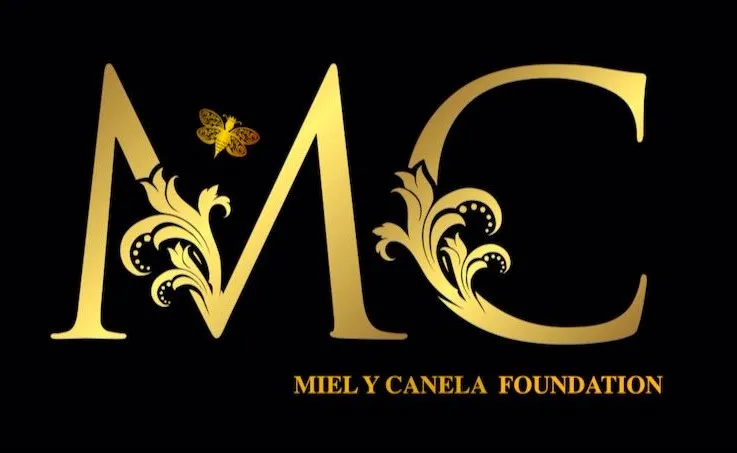Overview
The International Institute for Human Rights (IIHR) stands at the forefront of global human rights education and advocacy. Dedicated to fostering a world where dignity, freedom, and rights are universally recognized and upheld, IIHR offers comprehensive programs aimed at equipping participants with the knowledge and skills necessary to champion the cause of human rights both domestically and internationally.
World-Class Curriculum
Certified Training
Interactive Learning
Global Perspective
The IIHR is more than just an educational entity; it’s a global community united by a shared vision of a world where human rights are universally respected and protected. Through our programs, we delve deep into the history, policies, and milestones of human rights, ensuring that our participants emerge as informed and empowered advocates.

We emphasize both theory and real-world applications, preparing attendees to make tangible impacts in their communities, organizations, and the broader global stage. As a beacon in human rights education, IIHR paves the way for future leaders, advocates, and changemakers in this critical field.
